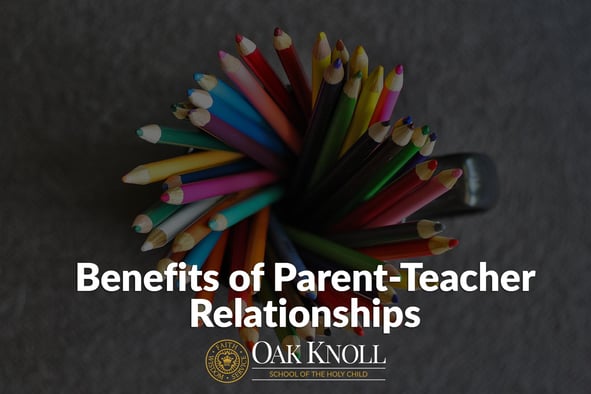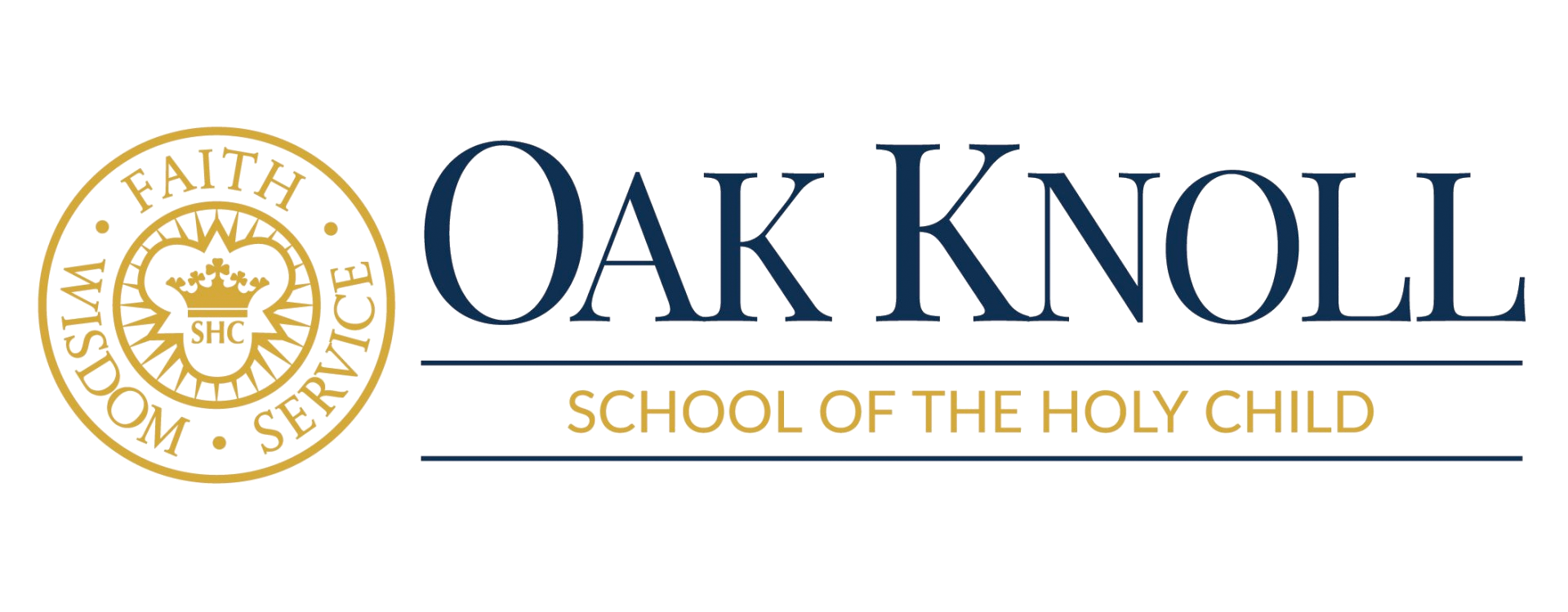With increasing pressures and challenges on students today, it’s important that schools and parents forge a bond to become partners in education. This partnership includes regular, open communication between home and school; a respectful climate where everyone feels safe; and active parent involvement in school community activities.

Students are facing a barrage of challenges today:
- Anxiety
- Depression
- Stress
- Competition
- Social media
- News
Through her work, American Psychologist Diana Baumrind identified four outcomes that middle-class parents want to see in their children by age 18:
- Social responsibility
- Independence
- Achievement Orientation
- Vitality
In order to achieve these outcomes, it is important that students see the positive relationship between their teachers and parents in action so that they are in a position to be successful and feel confident to ask for help at home or at school.
Communication
Formal and informal communication between home and school that sets the tone early in the year with specific and detailed expectations is an essential component to the parent-teacher relationship. Setting clear expectations helps lower stress levels in students and provide a clear path to success. Examples of such communication include:
- Regular grade book updates
- Interim updates
- Report card comments
- Parent-Teacher Conferences
- Lunch/coffee with the principal
- Parent portal updates with helpful resources
This ongoing communication can help parents and teachers monitor progress and address unexpected needs in a timely manner.
Team Work
It is natural to get caught up in the details of a student’s academic, extracurricular or behavioral performance, which means it has become crucial for parents and teachers to agree that they are on the same team. Parents should provide teachers with helpful – positive or negative – information about their child and, in turn, teachers should share with parents about classroom routines, grading criteria, homework and test schedules, etc. This helps to set guidelines for the classroom and ultimately puts the child in the best position to be successful.
Parent Involvement
Schools often provide opportunities for parents to get as involved as they desire, including:
- Fundraising volunteer opportunities
- Class trip chaperones
- Parent Book Clubs
- Class coffees
- Speakers on campus
Students naturally benefit when parents get involved and show interest in their school, raising their academic achievement. There are other advantages for children when parents become involved — namely, increased motivation for learning, improved behavior, more regular attendance, and a more positive attitude about homework and school in general.
With that said, it is also important to note that there are times when it is best for parents to take a step back and let children handle things on their own to build the skills they need for independence. "Helicopter," "Drone" and "Snowplow" parenting styles, while well-intentioned, can actually prohibit students from moving forward and gaining the confidence they need to handle certain situations on their own.
Ultimately, it's about the students. And parents originally chose the school for a particular reason, and educators chose the school for their own reason. When it comes down to it, in the end, it's usually the same reason.




